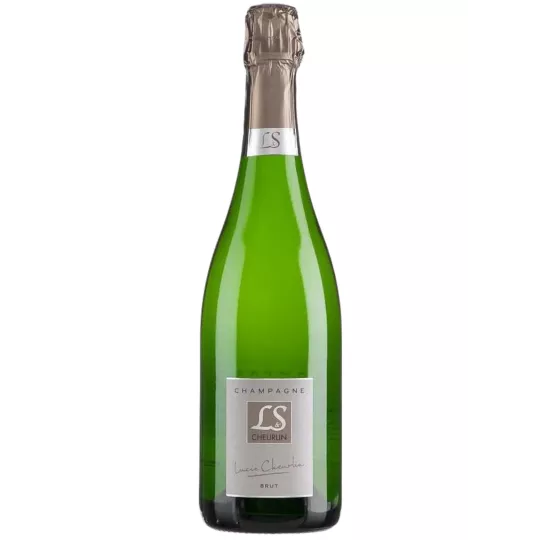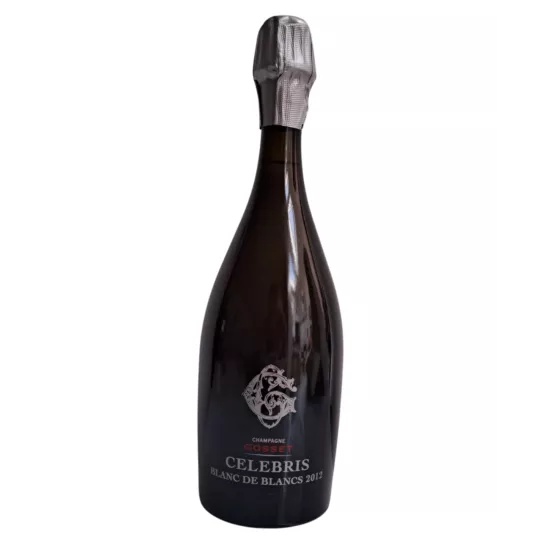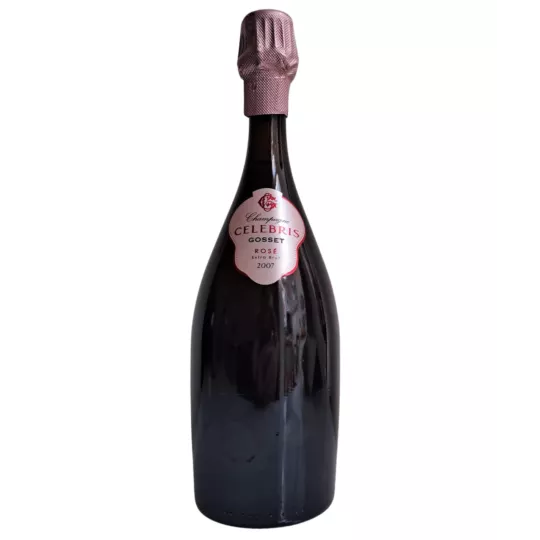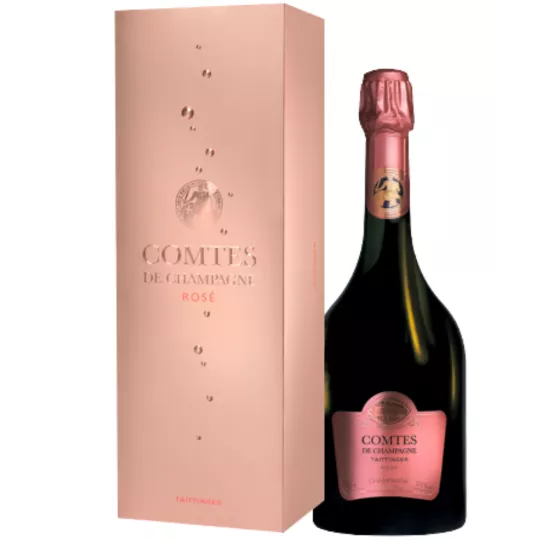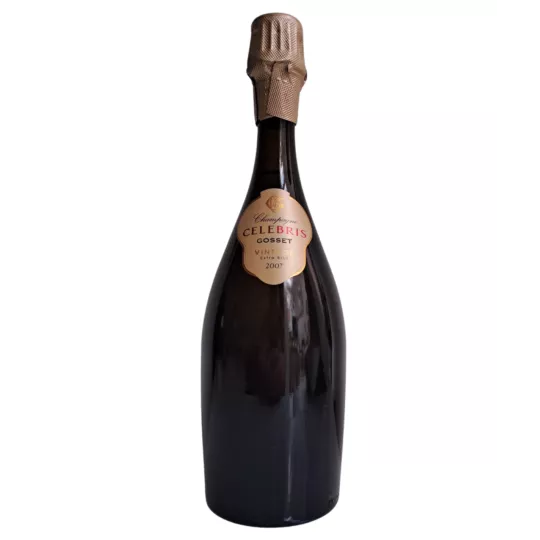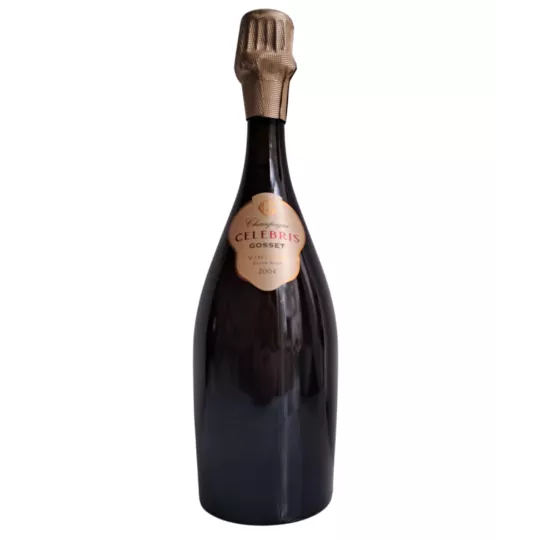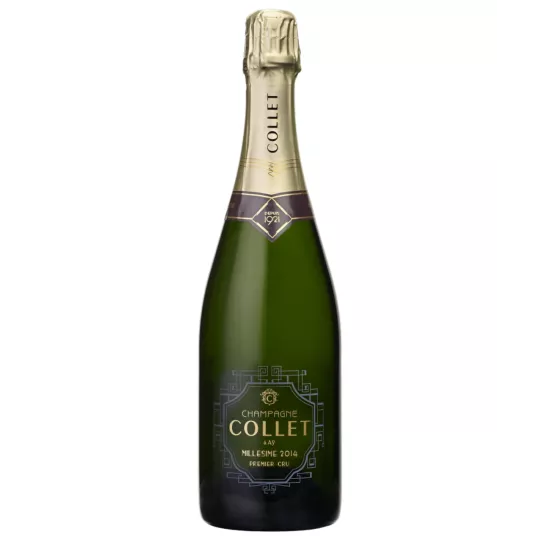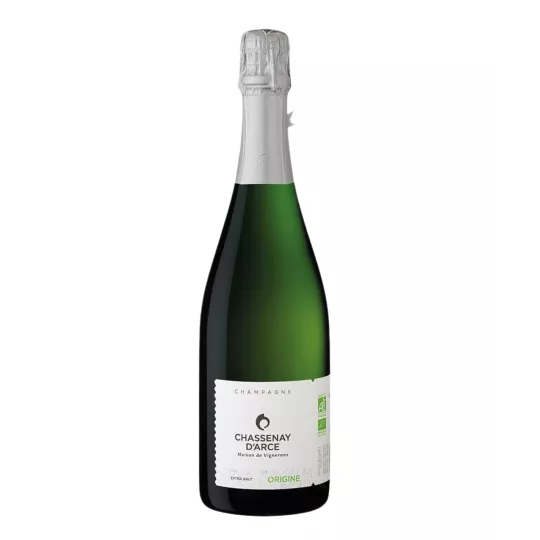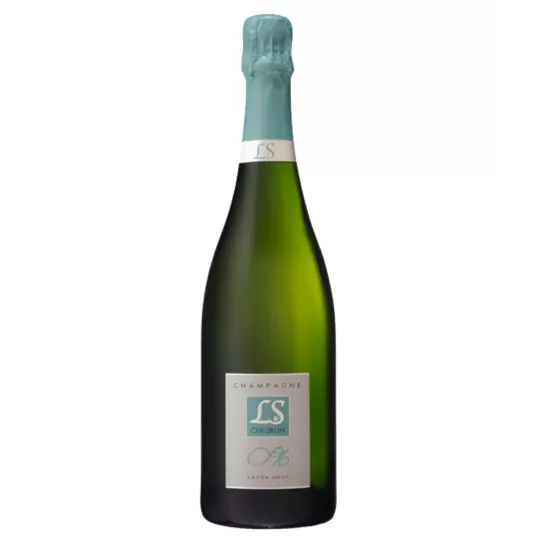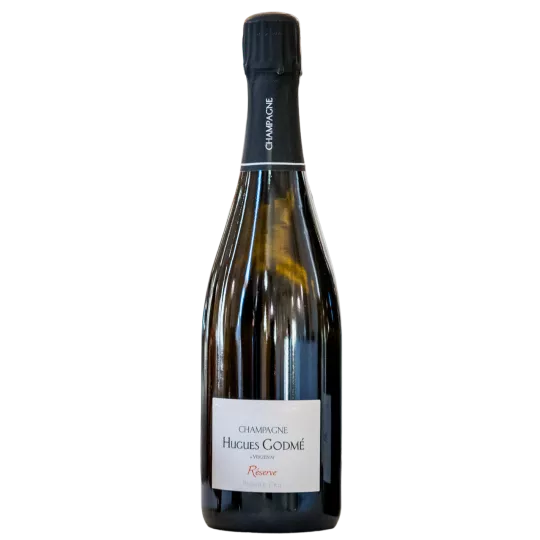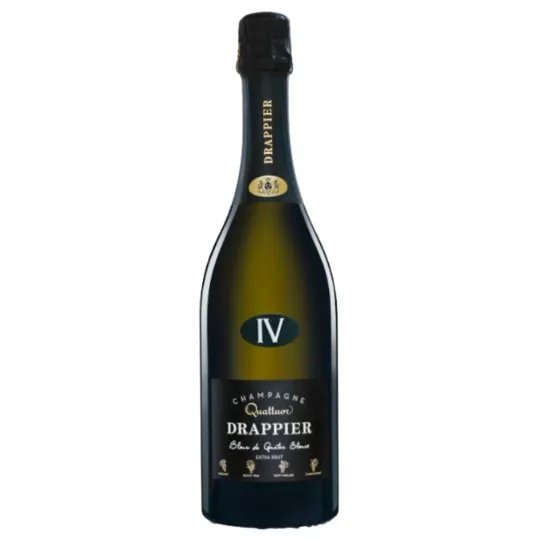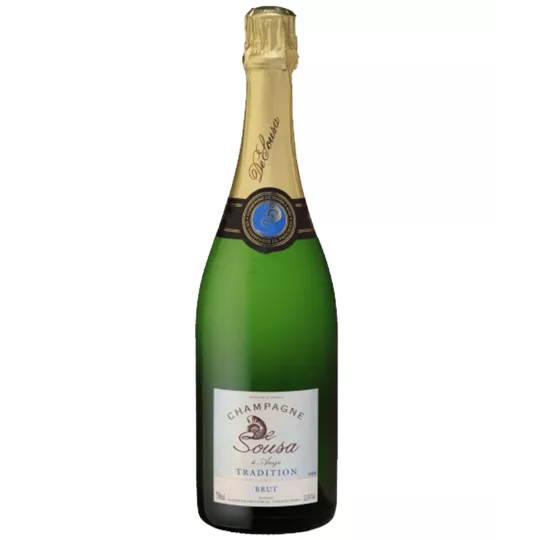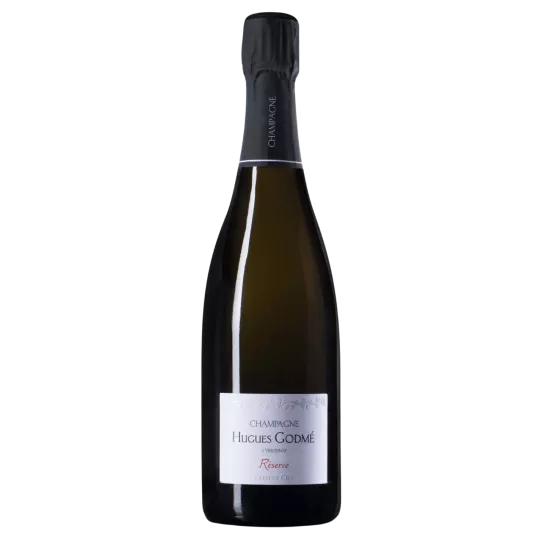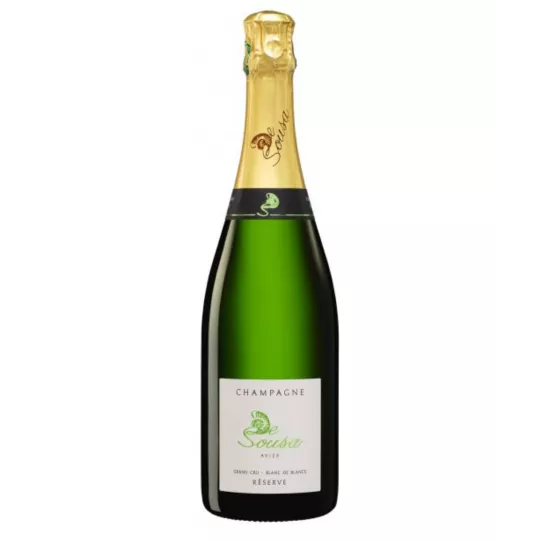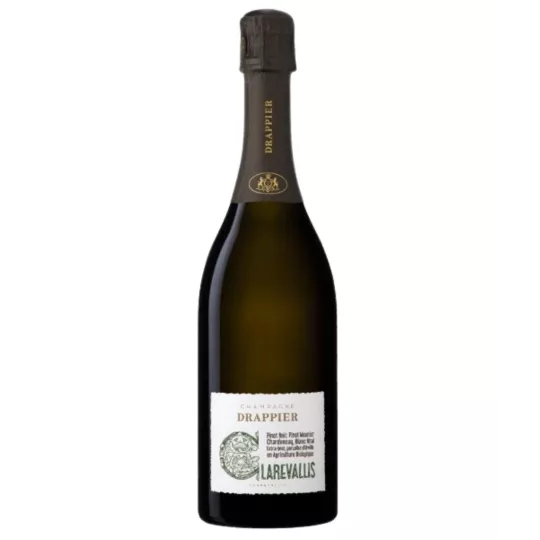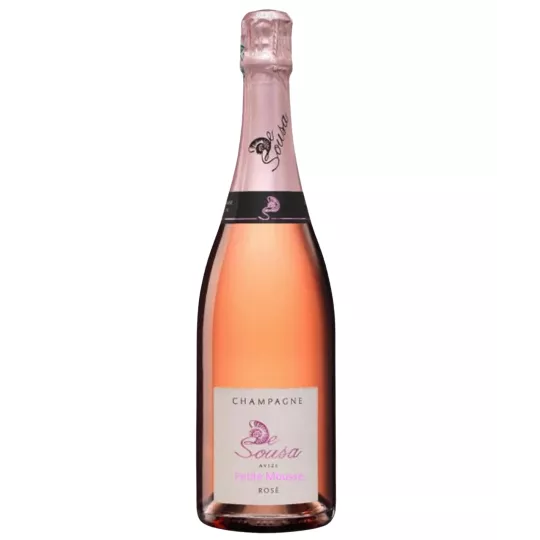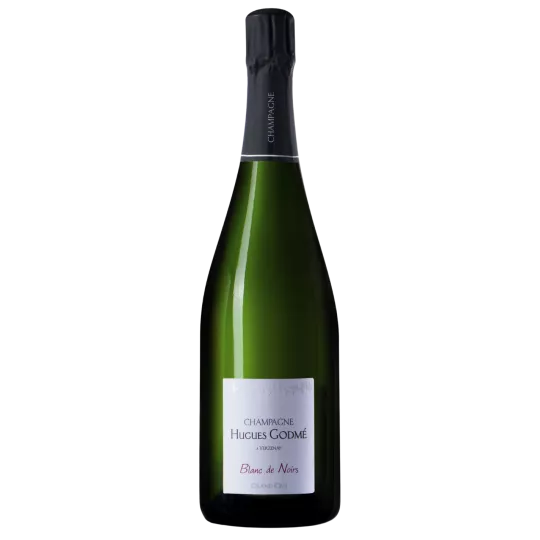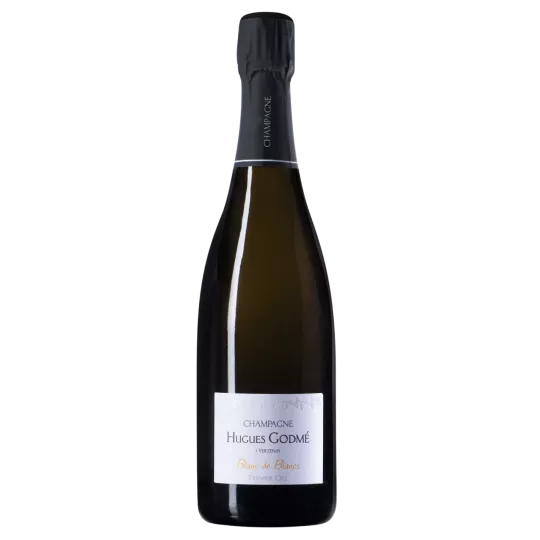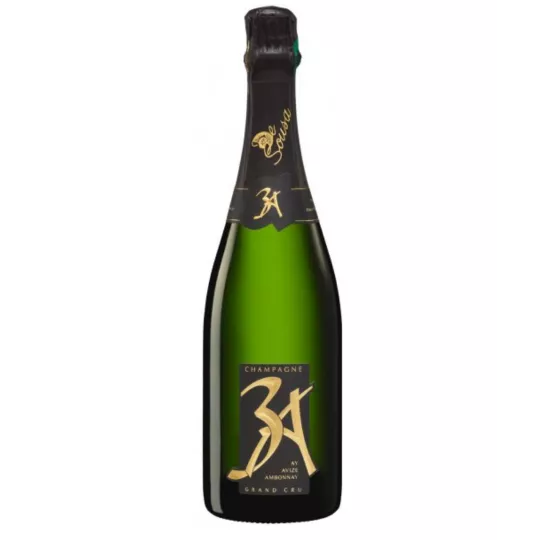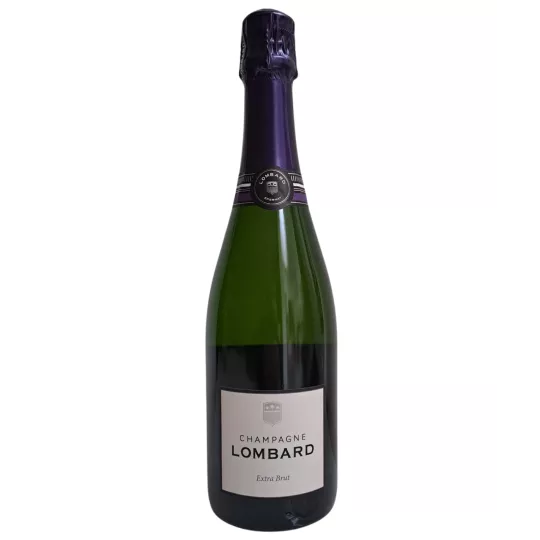
Organic
Organic Champagne: A Revolution Respectful of Nature
The world of champagne often conjures up images of luxury, celebrations and elegance. However, behind each bottle of this sparkling wine lies a complex story that involves nature, tradition and innovation.
A journey into the world of Organic Champagne
Our "Organic Champagne" category invites you to immerse yourself in the fascinating world of organic champagne, where respectful harmony with nature meets the excellence of Champagne viticulture. Discover how this eco-friendly revolution is emerging in a region once marked by heavy pesticide use, and how it's bringing a new sparkle to the champagne bubbles you love so much.
The Elegance of Organic Champagne
When we talk about Organic Champagne, we are talking about an approach to viticulture that is deeply rooted in nature. The grapes used to produce this champagne come from vineyards cultivated in accordance with the principles of organic farming. This means that no chemical inputs are used, thus preserving the life of the surrounding soils, fauna and flora. Since 2012, even non-organic inputs have been banned during winemaking, thus guaranteeing unrivaled purity.
Nature at the Service of Nobility
By choosing organic champagne, you are opting for a wine that respects the planet and future generations. Organic vines are a haven of biodiversity, providing a healthy habitat for beneficial insects and preserving soil health. Each sip of organic champagne is a celebration of life and elegance, while paying homage to an environmentally friendly approach to viticulture.
The Challenge of Organic Viticulture in Champagne
When we talk about organic champagne, it is impossible not to mention the challenges that winegrowers face. The harsh climate and limestone soils of Champagne give this wine its racy acidity and nobility, but they also make the growing conditions extremely delicate. Frosts, hail, rain and soils sometimes poor in minerals can test the patience of producers. In addition, diseases can decimate crops.
A Battle for Quality
For many producers, converting to organic viticulture is a risky choice. Organic or biodynamic vines can produce up to 30% less than intensively farmed vineyards, which can translate into lower income. However, this battle for quality is an approach that undoubtedly pays off. Champagne wines are among the most popular and expensive in the world, and organic champagne stands out for its unique taste and ethical dimension.
A Change of Direction in Champagne Viticulture
The history of Champagne viticulture has not always been one of a harmonious relationship with nature. For decades, this region was considered one of the least organic in France, with intensive use of pesticides. However, times are changing. In the 1970s, the first pioneers of organic farming in Champagne took off. Today, the Association of Organic Champagnes (ACB) has 63 certified organic producers, representing a total of 600 hectares. Many other vineyards are in the process of converting to organic. In just a few decades, nearly 2% of Champagne vineyards have obtained organic certification, compared to only 0.5% in 2009.
From Pesticide to Biodiversity
Since August 2012, certification for winemaking has been implemented to reduce the dosage of sulphites and the use of sulfur. Champagne producers can now create entirely organic champagnes. In our selection, you will find the largest variety of organic champagnes available for purchase online, from still limited productions.
Organic champagne allows you to fully enjoy vintages produced in accordance with traditional methods, while supporting more sustainable viticulture that respects nature.
The Art of Organic Winemaking
Organic winemaking is an art that requires a deep understanding of nature and the grapes that come from it. The process begins with harvesting the grapes, which must be of exceptional quality to produce renowned champagne. By opting for organic champagne, you have the guarantee that these grapes have been grown without the use of pesticides or chemical fertilizers, thus preserving their purity and flavor.
The Subtle Balance of Organic Champagne
Once the grapes are harvested, they are pressed to extract their precious juice. This is where the magic begins. Organic Champagne winemakers use traditional winemaking techniques, such as stainless steel tank fermentation and cellar aging. However, they do so with a deep respect for nature, avoiding excessive use of chemicals and favoring gentle methods to preserve the purity of the wine.
The end result is a champagne of rare elegance, where each bubble tells a story of respect for the land and craftsmanship. Each bubble is a sensory journey that takes you to the heart of Champagne, with its subtle aromas, delicate effervescence and refreshing finish.
Discover the Diversity of Organic Champagne
Organic champagne offers a diversity of flavors that rivals that of traditional champagnes. Far from being a monotonous wine, organic champagne presents a range of tastes and aromas that evoke the richness of the surrounding nature. The grapes, grown in harmony with the land, fully express their terroir and offer unique characteristics to each vintage.
A Palette of Natural Flavors
You will find in our selection a variety of organic champagnes, each with its own personality. From brut to semi-sec vintages, including vintages and blends, there is something for everyone. Whether you are a fan of fruity and floral notes or prefer the more intense aromas of toast and hazelnuts, organic champagne offers an endless range of possibilities to satisfy your taste buds.
Discover renowned champagne houses and independent producers who share the same passion for respecting nature and creating exceptional wines. Each bottle we offer embodies the essence of Champagne and the philosophy of organic champagne.
Organic Champagne: A Modern Tradition
Organic champagne is not just a fleeting trend, it is a modern tradition that evolves over time. Organic champagne producers are at the forefront of innovation while remaining faithful to the traditional methods for which champagne is famous.
Innovation and Traditional Respect
Since August 2012, a specific certification has been introduced to regulate the dosage of sulfite and the use of sulfur in the vinification of organic champagne. This initiative aims to reduce the environmental footprint while preserving the quality and stability of the wine. Organic champagne producers are engaged in a constant quest to improve their practices, seeking to minimize their impact on the environment while producing exceptional champagnes.
When you choose organic champagne, you support a modern tradition that preserves the best of Champagne while paving the way for a more sustainable future.
Organic Champagne: An Ethical Approach
Organic champagne is not only a question of taste, it is also an ethical approach. By choosing organic champagnes, you help support viticulture that respects nature, biodiversity and human health. You encourage producers to adopt sustainable practices that preserve land for future generations.
The Taste of Responsibility
In addition, organic champagne reflects a philosophy of transparency and commitment to consumers. Organic champagne producers are proud to share their cultivation and winemaking methods, highlighting their respect for nature and their concern for quality. Every bottle you buy is an act of responsibility towards the environment and society.
Join the organic champagne movement and discover how the taste of responsibility can be as delicious as the bubbles themselves.
How to Choose Your Organic Champagne - Tips for an Informed Selection
Faced with the diversity of organic champagnes available, it can be difficult to choose the one that best suits your preferences. To help you make an informed choice, here are some useful tips:
- Define Your Preferences: Identify your taste preferences, whether fruity, floral, or more complex aromas. This will guide you in the choice you make.
- Explore the Grape Varieties: Learn about the grape varieties used in organic champagne. The main grape variety is Chardonnay, followed by Pinot Noir and Pinot Meunier. Everyone makes their own contribution to the final taste.
- Check the Labels: Read labels carefully to identify organic and biodynamic certifications. Also look for vintage and dosage mentions.
- Read Descriptions: Browse product descriptions to discover tasting notes and expert recommendations.
- Explore the Price Range: Organic champagne is available in a varied price range. Define your budget before you start your search.
- Be Adventurous: Don’t hesitate to step out of your comfort zone by trying lesser-known vintages. You could make pleasant discoveries.
- Ask Questions: If you have any questions or doubts, do not hesitate to contact our team of organic champagne experts. We are at your disposal to guide you in your decision.
Frequently Asked Questions about Organic Champagne
Q: What distinguishes organic champagne from traditional champagne?
A: Organic champagne is produced from grapes grown according to the principles of organic farming, without the use of chemical inputs. In addition, since August 2012, a specific certification regulates the dosage of sulphites and the use of sulfur in the vinification of organic champagne, thus reducing the environmental footprint.
Q: Do organic champagnes taste the same as traditional champagnes?
A: Organic champagnes offer a wide diversity of flavors, just like traditional champagnes. However, organic champagne is often appreciated for its purity and authentic expression of the terroir.
Q: Are organic champagnes more expensive than traditional champagnes?
A: The price range of organic champagnes is varied, just like that of traditional champagnes. You can find affordable organic champagnes, as well as high-end vintages.
Q: Does organic champagne contain less sulphites than traditional champagne?
A: Yes, organic champagne generally contains fewer sulfites than traditional champagne due to strict regulations that limit their use in organic winemaking.
Q: Are organic champagnes better for your health?
A: Organic champagnes reduce exposure to pesticide residues and synthetic chemicals, which can benefit your health. However, they should be consumed in moderation, like any other wine.
Q: Where can I buy organic champagne?
A: You can purchase organic champagne from our online selection, offering a variety of choices from producers committed to environmentally friendly viticulture.
Q: Are organic champagnes as effervescent as traditional champagnes?
A: Yes, organic champagnes are just as effervescent and sparkling as traditional champagnes. The effervescence is obtained by the traditional Champagne method, regardless of the way the grapes are grown.
Q: What are the main certifications for organic champagne?
A: The main certifications for organic champagne include the European Organic Label and the Demeter certification for biodynamic viticulture.
Q: Are organic champagnes produced in limited quantities?
A: Although the production of organic champagne may be more limited than that of traditional champagnes, it is constantly growing. More and more producers are turning to organic and biodynamic viticulture practices to meet the growing demand for organic champagnes.
Q: What is the environmental impact of organic champagne?
A: Organic champagne has a reduced environmental impact compared to traditional champagnes due to the absence of use of chemical inputs and the limitation of sulphites. Organic farming practices help preserve biodiversity and soil health.
Explore our Organic Champagne Collection
We invite you to browse our collection of organic champagne and discover the richness of this exceptional wine which offers a unique tasting experience, where tradition meets innovation while respecting the planet.
